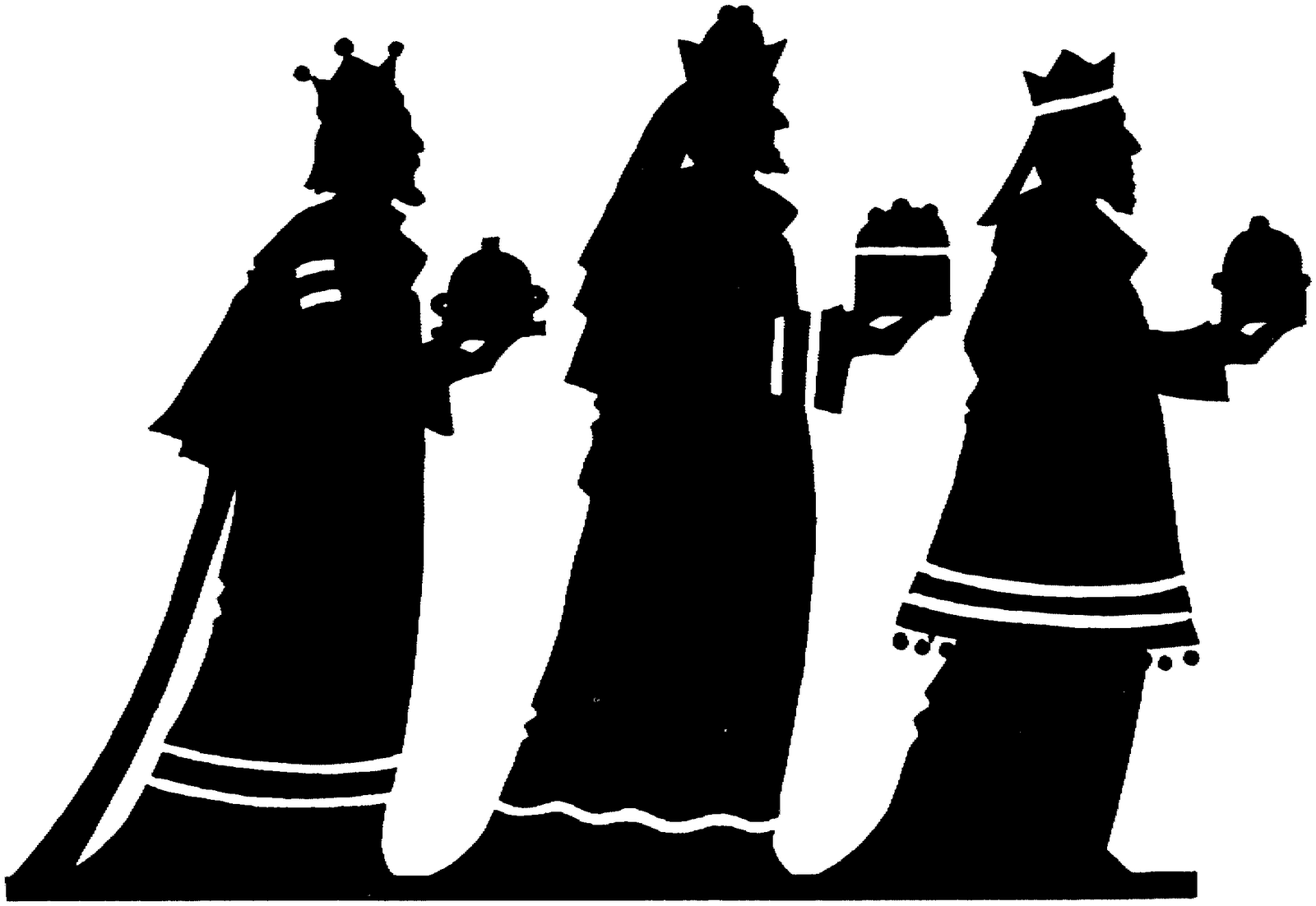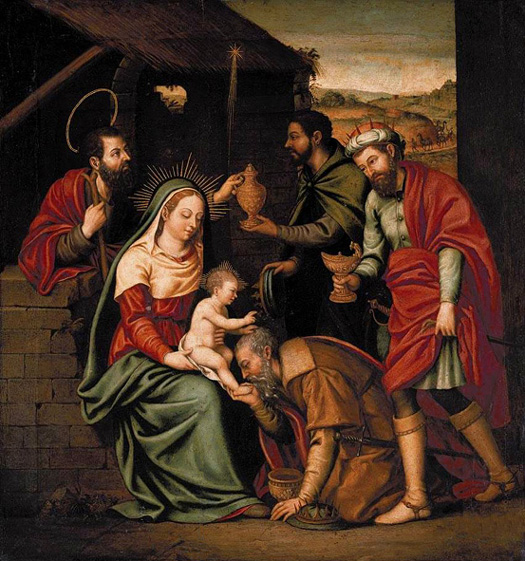
Ever wonder why some Eastern Christians celebrate Christmas on January 6, the date the Western Church chose for the Epiphany? And how did the West settle on December 25 as the date for Christmas?
Andrew McGowan, Dean of Yale Divinity School, sheds much light on these questions:
“Around 200 CE, Tertullian of Carthage reported the calculation that the 14th of Nisan (the day of the crucifixion according to the Gospel of John) in the year Jesus died was equivalent to March 25 in the Roman (solar) calendar. March 25 is, of course, nine months before December 25; it was later recognized as the Feast of the Annunciation – the commemoration of Jesus’ conception. Thus, Jesus was believed to have been conceived and crucified on the same day of the year. Exactly nine months later, Jesus was born, on December 25.
“This idea appears in an anonymous Christian treatise titled ‘On Solstices and Equinoxes’, which appears to come from fourth-century North Africa. The treatise states: ‘Therefore our Lord was conceived on the eighth of the kalends of April in the month of March (March 25), which is the day of the Passion of the Lord and of his conception. For on that day he was conceived, and on the same he suffered.’ Based on this, the treatise dates Jesus’ birth to the winter solstice.
“Augustine, too, was familiar with this association. In ‘On the Trinity’ (c. 399 – 419) he writes: ‘For he (Jesus) is believed to have been conceived on the 25th of March, upon which day also he suffered; so the womb of the Virgin, in which he was conceived, where no one of mortals was begotten, corresponds to the new grave in which he was buried, wherein was never man laid, neither before him nor since. But he was born, according to tradition, upon December the 25th.’
“In the East, too, the dates of Jesus’ conception and death were linked. But instead of working from the 14th of Nisan in the Hebrew calendar, the Easterners used the 14th of the first spring month (Artemisios) in their local Greek calendar – April 6 to us. April 6 is, of course, exactly nine months before January 6 – the Eastern date for Christmas. In the East, too, we have evidence that April was associated with Jesus’ conception and crucifixion. Bishop Epiphanius of Salamis writes that on April 6, ‘The Lamb was shut up in the spotless womb of the Holy Virgin, he who took away and takes away in perpetual sacrifice the sins of the world.’ Even today, the Armenian Church celebrates the Annunciation in early April (on the 7th, not the 6th) and Christmas on January 6.
“Thus, we have Christians in two parts of the world calculating Jesus’ birth on the basis that his death and conception took place on the same day (March 25 or April 6) and coming up with two close but different results (December 25 and January 6).”



 Q. Today we celebrate the Epiphany of the Lord. Can you explain the meaning of this feast?
Q. Today we celebrate the Epiphany of the Lord. Can you explain the meaning of this feast?